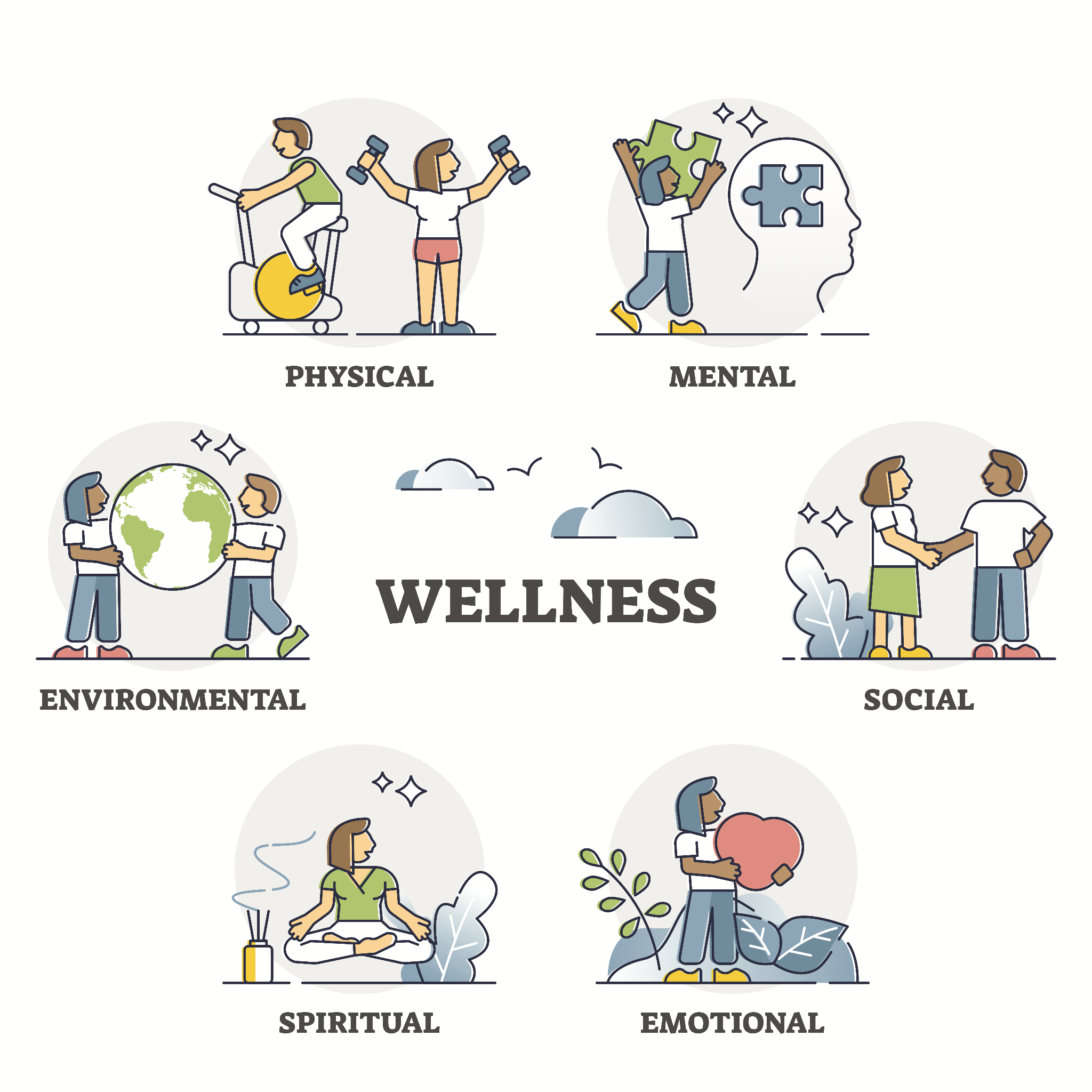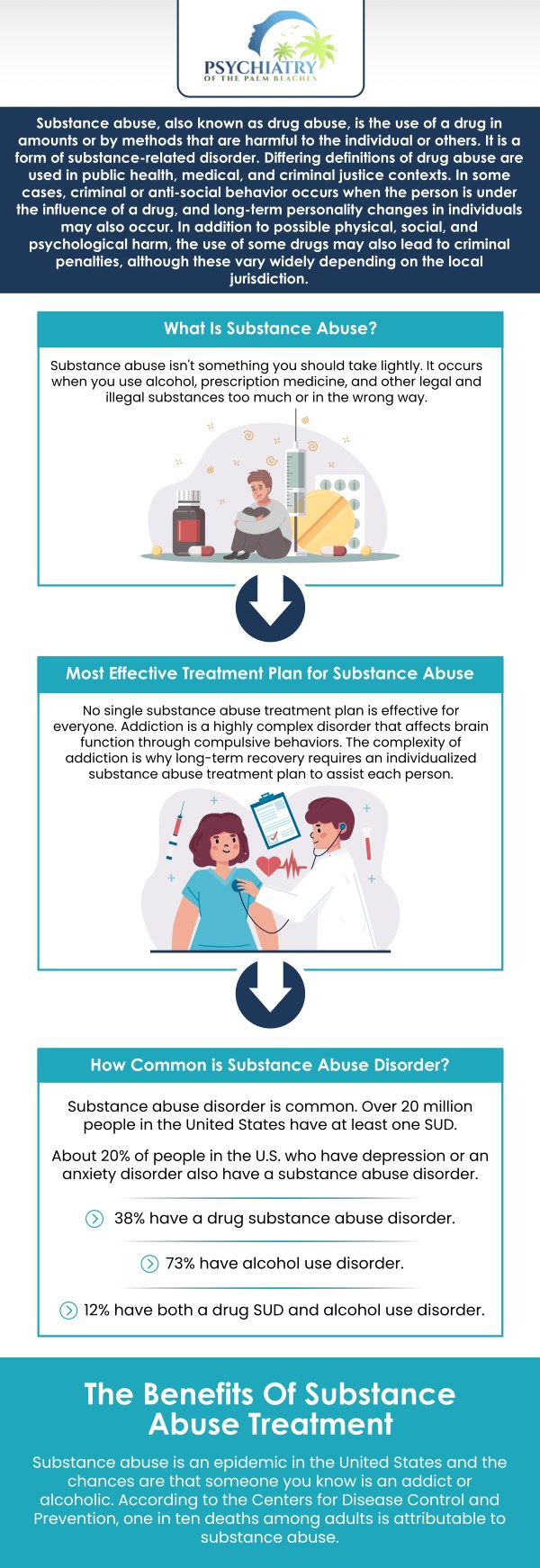Substance Abuse Rehab: A Full Guide to Recovery
Substance Abuse is one of the most pressing health and social difficulties encountered by people and communities worldwide. It usually starts as a coping mechanism for emotional distress, trauma, or tension, yet can swiftly evolve into a dependency that influences every area of life-- mental health and wellness, partnerships, employment, and overall well-being. The consequences of addiction are extreme and considerable, typically bring about physical ailments, financial troubles, and social seclusion. This is why recovery programs exist: to help people rebuild their lives and recover control over their futures.
Comprehending Substance Abuse and the Requirement for Rehabilitation
Recovery facilities are created to deal with the origin creates of addiction as opposed to simply the signs and symptoms. A thorough rehab program involves detoxification, counseling, behavior modification, and education on relapse prevention. Individuals discover to acknowledge triggers and create healthier ways to handle stress and anxiety and emotions. In several situations, rehab is not simply regarding quitting medicines or alcohol-- it has to do with uncovering a brand-new sense of objective and balance. These centers give an encouraging atmosphere where healing is not only feasible however sustainable.
The path to healing calls for courage and dedication, but with the appropriate treatment, even one of the most extreme situations of dependency can be efficiently managed. Rehab programs supply an organized approach that combines medical experience, mental support, and peer support. Each program is customized to the individual's needs, guaranteeing an individualized experience that advertises lasting sobriety. Whether someone has a hard time with alcohol, prescription drug, or immoral drugs, entering a rehab program is often the very first and most critical action towards lasting recovery.
Inpatient vs. Outpatient Rehab: Which Alternative Is Right for You?
When choosing to look for treatment for Substance Abuse, one of one of the most crucial options involves picking in between outpatient and inpatient rehabilitation programs. Both methods have their benefits, and the right selection mostly depends upon the person's specific demands, dependency seriousness, and individual scenarios. Inpatient rehabilitation, likewise called property rehabilitation, requires patients to live at the treatment facility full time. This enables day-and-night clinical guidance, structured timetables, and a distraction-free atmosphere suitable for extensive healing. On the various other hand, outpatient rehabilitation uses higher flexibility, allowing individuals to participate in therapy sessions during the day while still living at home and maintaining expert or personal duties.
Inpatient rehab is finest matched for people that call for medical detoxing, experience long-term dependency, or have actually formerly fallen back. The immersive setting ensures that patients are protected from external temptations and stressors that could cause a regression. Daily therapy sessions, clinical tracking, and group activities help patients remain concentrated on recuperation. On the other hand, outpatient rehab is typically excellent for those with moderate to modest dependency or solid assistance systems in your home. This sort of program allows people to continue participating in or functioning school while obtaining regular therapy and assistance.
Eventually, the choice between outpatient and inpatient rehab depends on several aspects such as dependency type, clinical demands, and way of living. Some people also transition from inpatient to outpatient care as they proceed in their recovery trip - addiction treatment. Both programs share the same supreme goal-- helping clients accomplish and maintain soberness-- however the degree of structure and support differs. A thorough evaluation by addiction specialists can aid determine the most reliable treatment strategy, making sure that each individual receives the treatment and focus they require to prosper beyond addiction

The Price important Abuse Rehab and Economic Considerations
One of one of the most typical issues for families and individuals seeking addiction therapy is the price of recovery. While rates vary extensively depending on the center, program kind, and length of stay, it is necessary to watch rehabilitation as an investment in one's health and future instead of just an expenditure. The expense of untreated addiction-- including lost performance, legal issues, medical difficulties, and harmed partnerships-- typically far outweighs the cost of expert therapy. Several rehab facilities now supply versatile payment alternatives, insurance policy protection, and monetary help to make treatment a lot more available.
Due to the fact that they consist of accommodation, dishes, and 24-hour clinical supervision, inpatient rehab programs often tend to be much more pricey than outpatient programs. Deluxe rehabilitation centers with premium centers, personal areas, and alternative therapies can cost considerably extra, while community-based or charitable rehabs often provide economical and even totally free treatment alternatives. Outpatient rehab is normally less expensive since it does not require overnight stays, but the total expense can still differ depending on the duration and intensity of the program. Some insurance prepares cover full or partial expenses for rehab, specifically if the therapy is considered medically needed.
Financial obstacles should never avoid someone from seeking assistance. Numerous therapy facilities recognize the financial strain that dependency creates and are prepared to deal with clients to produce manageable layaway plan. Some provide sliding range charges based on earnings, while others get government funding to support those in need. When examining expenses, it's likewise essential to consider the long-term advantages: boosted health, brought back relationships, and a possibility at an extra secure and effective life. Recuperation is valuable, and the expense of rehabilitation is often the trick to opening a future devoid of the chains of addiction.
Functions and Facilities of a Top Quality Rehabilitation Center
The atmosphere in which recovery happens plays a crucial role in the success of a recovery program. A top quality rehab center is greater than simply a medical center-- it is a recovery shelter developed to nurture the mind, body, and spirit. The ideal facilities incorporate evidence-based clinical therapies with comfortable living arrangements and healing settings. People need to really feel safe, sustained, basics and inspired as they navigate their healing journey. Modern rehabilitation centers commonly include personal or semi-private rooms, serene outside areas, healthy meals, and entertainment activities that advertise health and relaxation.
Beyond comfort, the vital features of a respectable rehab facility consist of specialist personnel, personalized treatment strategies, and a wide range of therapeutic choices (dual diagnosis rehab NJ). Multidisciplinary teams of physicians, therapists, counselors, and support staff interact to develop a tailored program for every person. Evidence-based therapies like Cognitive Behavioral Treatment (CBT), Dialectical Actions Therapy (DBT), and motivational talking to are combined with holistic treatments such as yoga, reflection, art therapy, and fitness programs. This integrated technique addresses not simply the addiction itself, but also the psychological and psychological variables contributing to it
In addition, the very best rehab centers emphasize lasting and aftercare support. Healing doesn't finish when a client leaves the facility; preserving soberness needs continuous support and liability. Several facilities offer graduates programs, team treatment sessions, and neighborhood reintegration services to guarantee ongoing development. Facilities that give a continuum of care-- from detoxification to outpatient support-- often tend to generate the most effective results. The overall objective is to develop an atmosphere where people can recover totally, rebuild their self-confidence, and come back the world with confidence and security.
Advantages of Substance Abuse Rehabilitation Programs
Enrolling in a drug abuse recovery program provides many benefits that extend far past overcoming addiction itself. Among one of the most significant benefits is the structured atmosphere that rehabilitation provides. Individuals dealing with dependency often reside in disorder or uncertainty, but rehab introduces stability and regimen. Every facet of day-to-day live-- from treatment sessions to meals and rest-- is planned with purpose, helping individuals create self-control and uniformity. This structure comes to be a foundation for developing a sober way of life and lessening the threat of regression after treatment.
Another significant benefit of rehabilitation is the expert assistance offered around the clock. Dependency is not simply a physical dependence; it's additionally a emotional and psychological struggle. Within a rehab center, clients have accessibility to physician that can safely take care of withdrawal signs and symptoms, along with therapists who concentrate on dealing with the psychological elements of healing. This degree of treatment makes sure that individuals are never alone in their struggles. Team treatment sessions additionally offer a sense of community, allowing people to get in touch with others that comprehend their challenges and can share their experiences.
Finally, Substance Abuse rehabilitation furnishes people with long-lasting tools for maintaining soberness. Via relapse, therapy, and education and learning avoidance preparation, individuals find out to determine triggers, take care of anxiety, and make healthier life selections. Rehabilitation assists them rebuild damaged relationships and uncover enthusiasms and objectives that were lost throughout addiction. It's a transformative procedure that restores confidence, psychological balance, and hope. The supreme benefit of rehab is that it does not simply save lives-- it reconstructs them, helping people find their worth and develop a brighter, addiction-free future.
The Path Ahead: Structure a Life Beyond Addiction
When the rehabilitation program does-- it's a continuous procedure that calls for support, commitment, and self-awareness, recovery doesn't end. After finishing therapy, individuals need to find out to rehabilitate right into their lives while maintaining the lessons they've obtained in rehab. This includes establishing healthy coping methods, staying clear of settings related to Substance use, and surrounding themselves with positive influences. Lots of people proceed with outpatient treatment or sign up with assistance teams like Narcotics Anonymous (NA) or Twelve Step Programs (AA) to remain connected and accountable to the recovery community.
A strong aftercare strategy is important for see here long-lasting success. Rehab centers that provide follow-up counseling, peer assistance, and regression avoidance programs provide individuals the very best possibility of maintaining sobriety. Building a new lifestyle could entail going after education, volunteering, or exploring new hobbies that enhance favorable behavior (Inpatient rehab). Family members likewise play a crucial function in the healing procedure; when liked ones join family treatment and healing education, they come to be an energetic part of the assistance system, minimizing the risk of regression

Inpatient rehab, also recognized as household rehab, needs clients to live at the treatment center full time. Inpatient rehab programs often tend to be a lot more costly than outpatient programs since they consist of holiday accommodation, meals, and 24-hour medical guidance. Luxury rehabilitation centers with high-end centers, private areas, and all natural therapies can set you back substantially a lot more, while community-based or non-profit rehabilitations commonly offer economical or even cost-free therapy choices. Recuperation doesn't finish when the rehab program does-- it's a recurring process that calls for self-awareness, support, and devotion. Rehab facilities that provide follow-up therapy, peer assistance, and relapse avoidance programs give individuals the ideal chance of keeping sobriety.